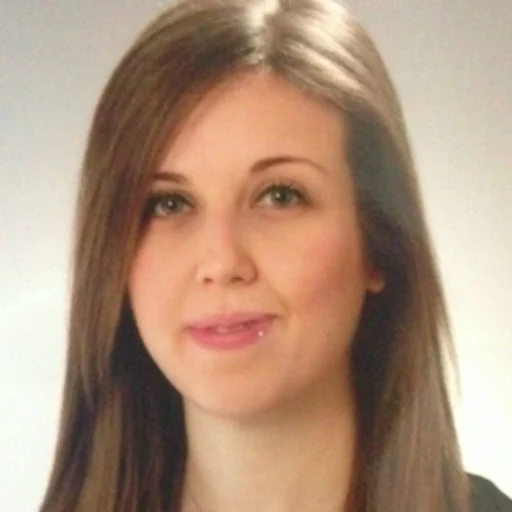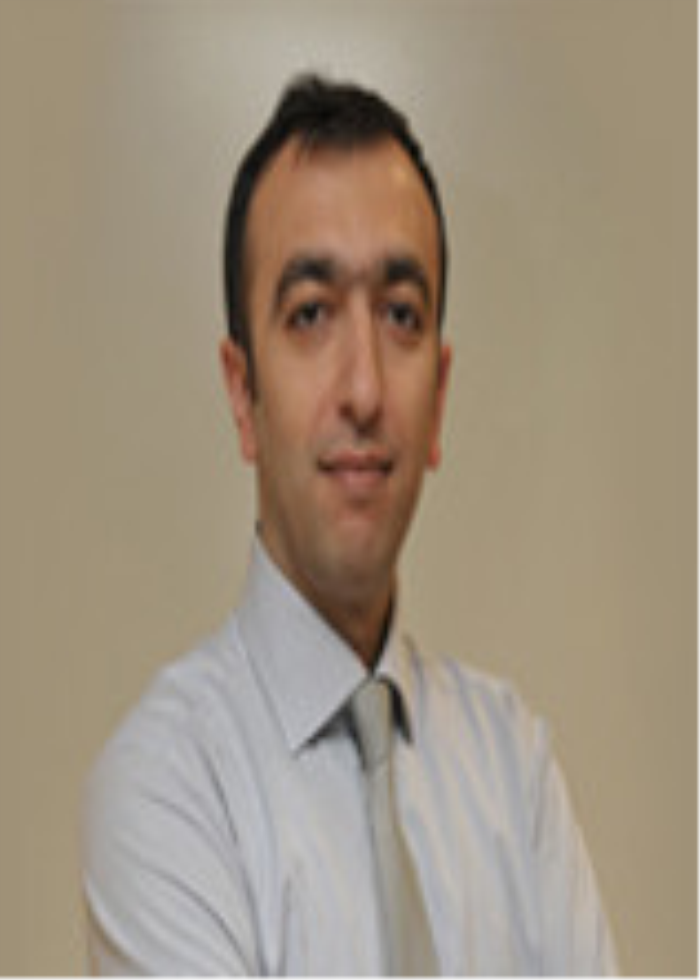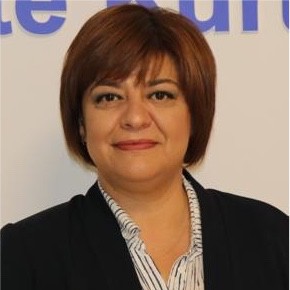Enhancing Physiotherapy Education Through Simulation: Academic, Psychological, and Motivational Outcomes
- Original Article
- 05 Eyl 2025 tarihinde yayınlanmıştır.
 Fatma Ayvat
Fatma Ayvat
 Gülşah Sütçü Uçmak
Gülşah Sütçü Uçmak
 Özge Onursal Kılınç
Özge Onursal Kılınç
 Mert Doğan
Mert Doğan
 Ender Ayvat
Ender Ayvat
 Muhammed Kılınç
Muhammed Kılınç
 Özlem Ülger
Özlem Ülger
 Sibel Aksu Yıldırım
Sibel Aksu Yıldırım
Purpose: This study aimed to investigate the effects of simulation-based training on physiotherapy students’ academic performance, satisfaction, self-confidence, motivation, and perceptions of the quality of educational practices in neurological physiotherapy and rehabilitation.
Method: Students enrolled in the Neurological Rehabilitation course were assigned to either a simulation group or a control group. The simulation group received simulation-supported training using anatomical models and mannequins, whereas the control group underwent traditional instruction with practical demonstrations performed on students. Academic performance was evaluated in both groups using a rubric-based assessment form. Students’ perceptions of simulation-supported education were assessed with the Student Satisfaction and Self-Confidence in Learning Scale (SSSCLS) and the Educational Practices Questionnaire (EPQ).
Results: No significant difference was observed between the groups in the Collaboration subscale of the EPQ (p=0.373). However, scores for the Active Learning (p=0.001), Diverse Ways of Learning (p<0.001), and High Expectations (p<0.001), subscales, as well as the total score (p<0.001), were significantly higher in the simulation group. Similarly, in the SSSCLS, the simulation group achieved significantly higher scores in both subscales (p=0.001) and the total score (p<0.001). Academic performance scores were also significantly higher in the simulation group (p=0.001).
Conclusion: In conclusion, this study highlights the benefits of simulation-based education in neurological rehabilitation, showing improvements in students’ active learning, satisfaction, self-confidence, and academic performance. These findings may also guide the use of simulation in other physiotherapy courses.
Key Words: Health Education, Learning, Neurological Rehabilitation, Students.